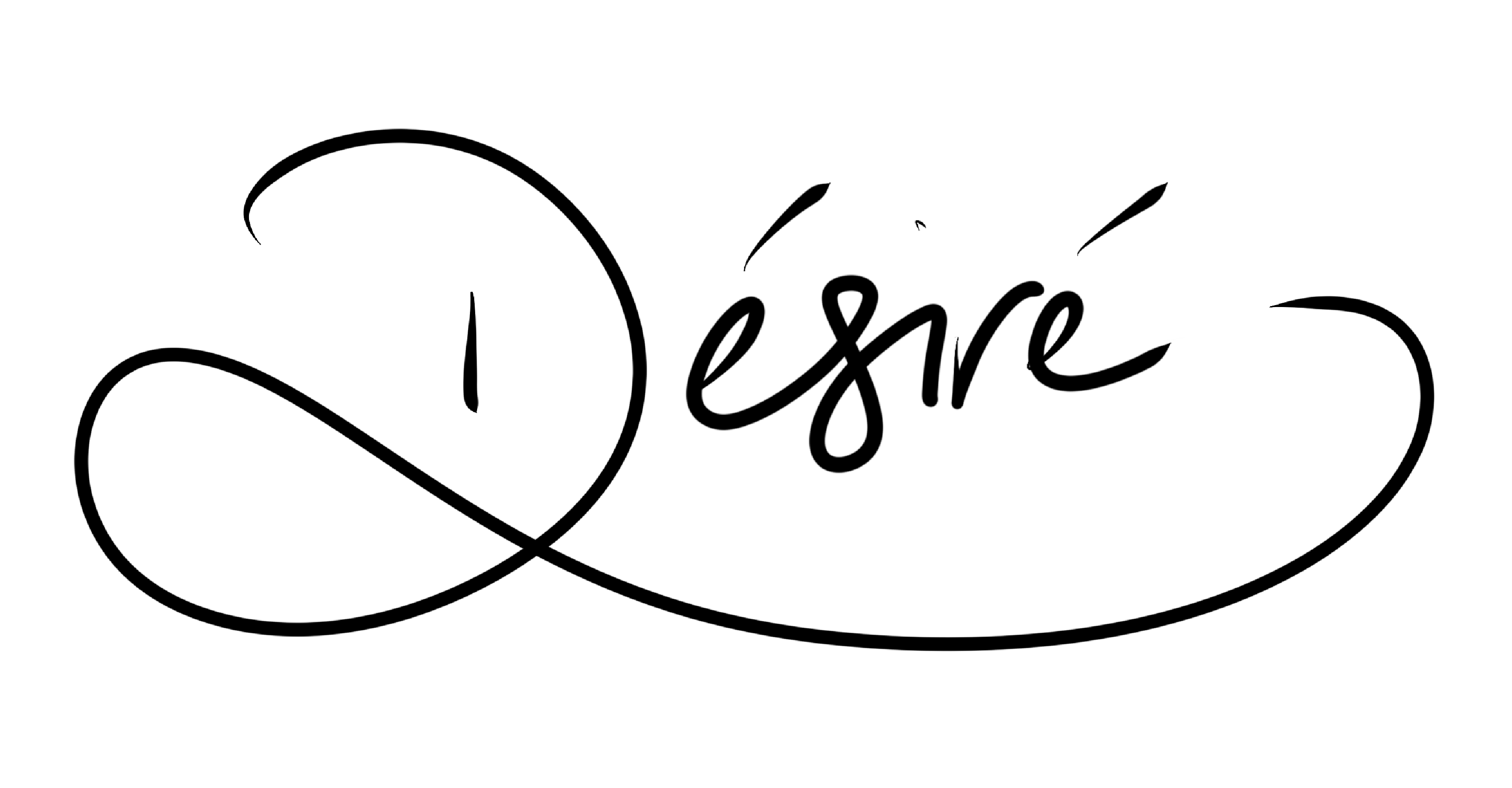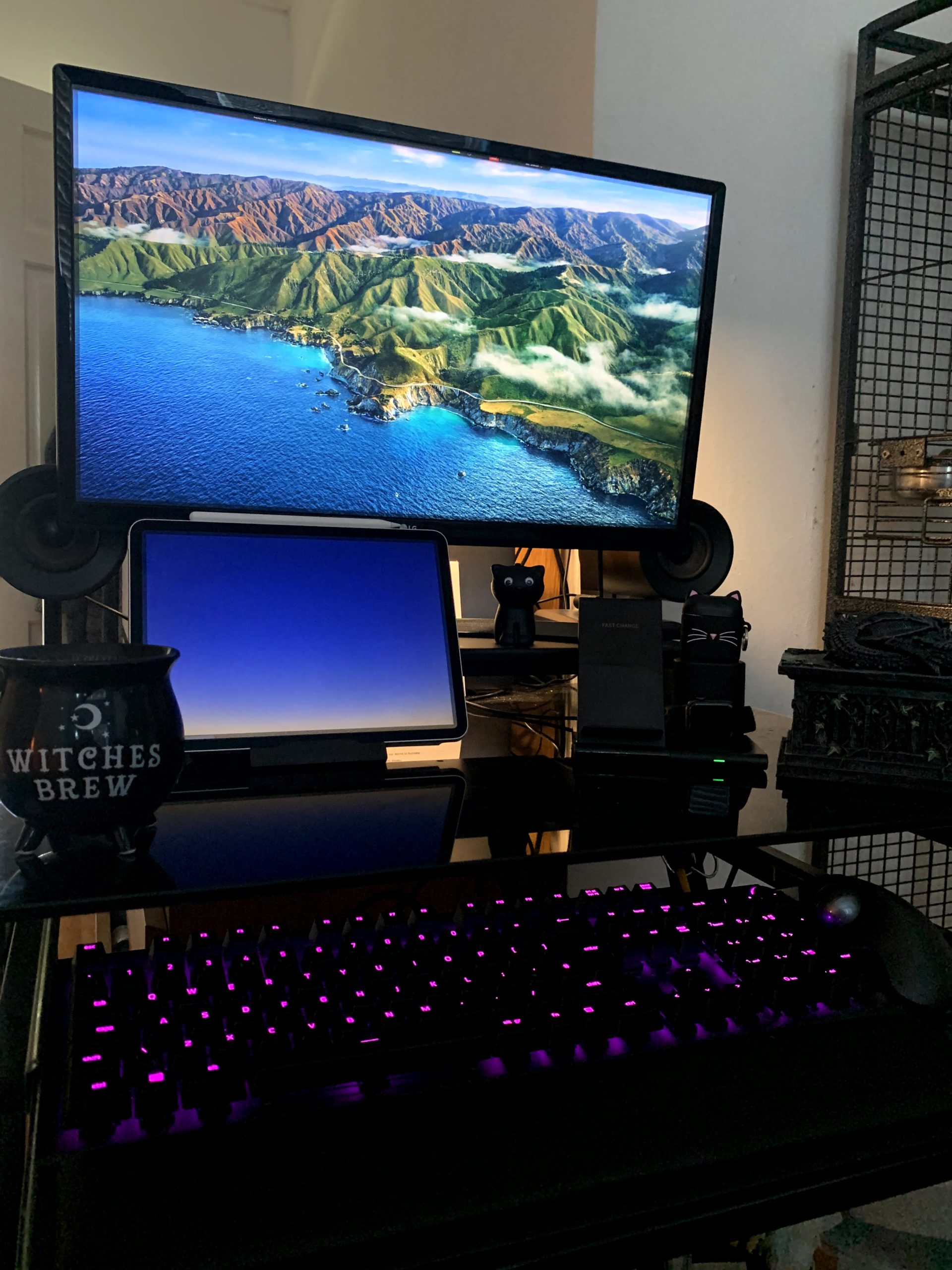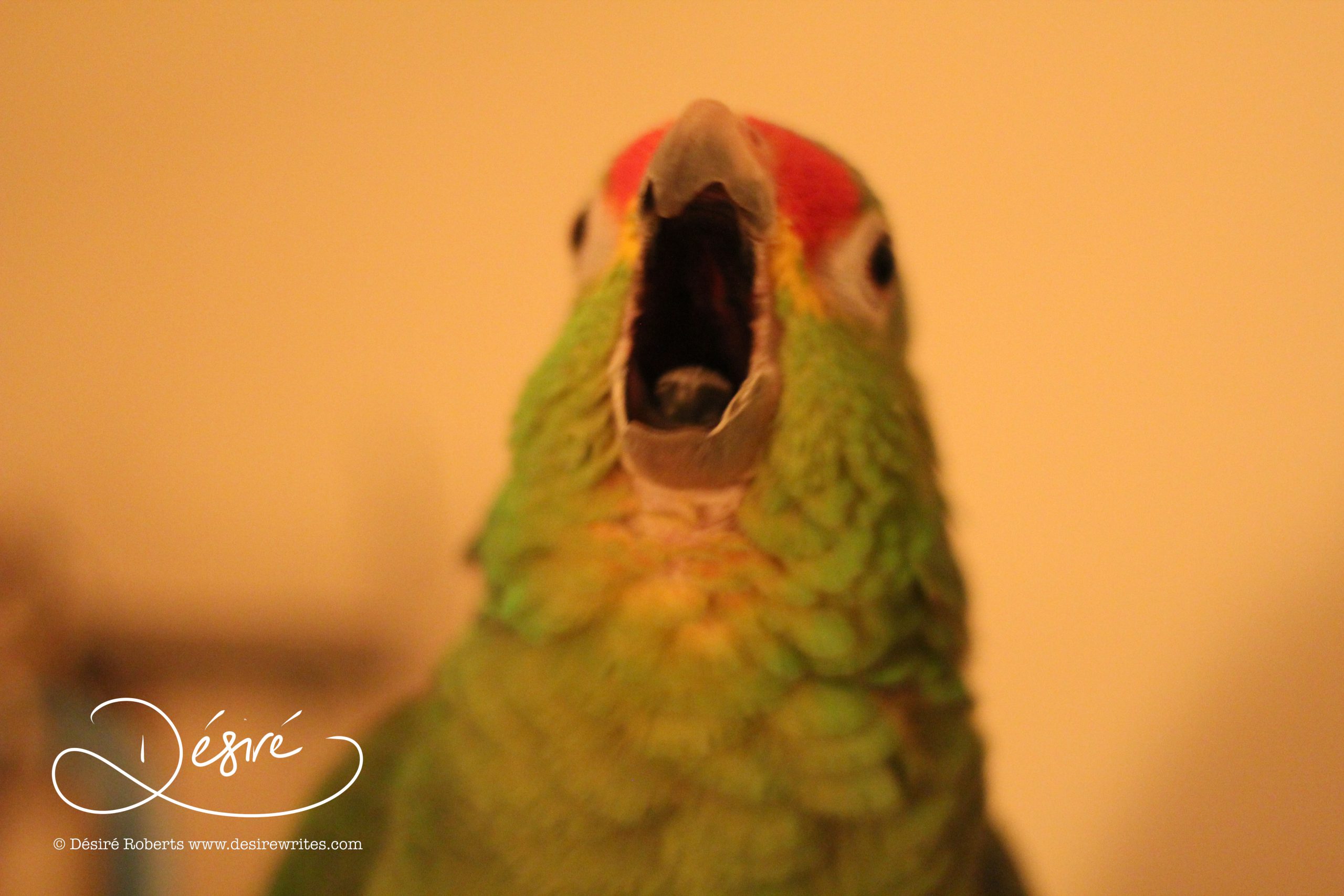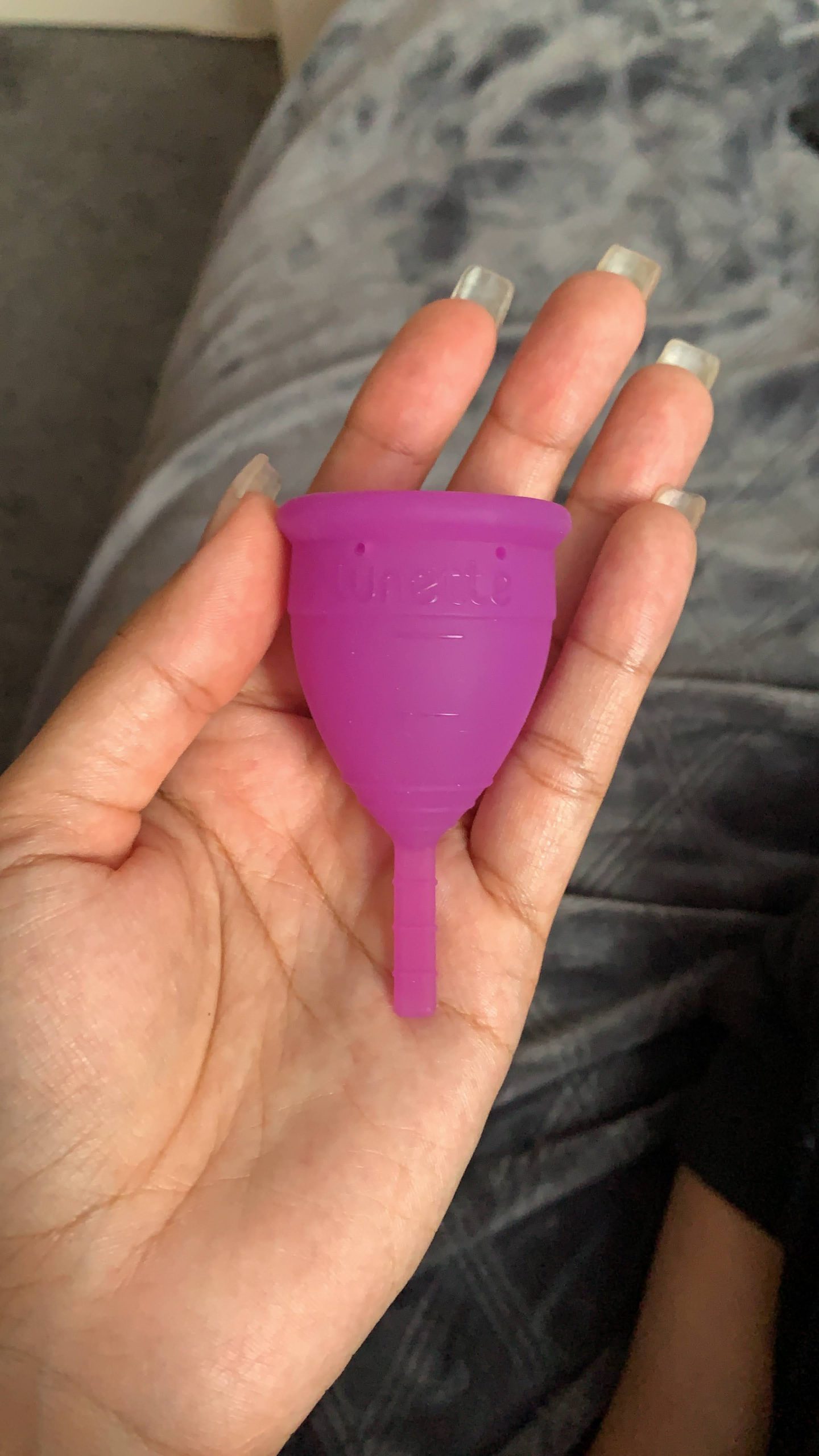Distraction is my biggest life foe. My curious nature allows my distraction to derail every attempt at being productive, and it thrives on my inability to complete tasks… This becomes one of those vicious cycles where I’m distracting myself with feelings of dissatisfaction for not being productive, which leads to further distraction and down the rabbit hole of self-destructive inner critic chatter we go.
When you’re spiralling out of control or feel mentally paralysed by these thoughts, as though your inner critic is holding your productivity hostage, what do you do? How do you fight through the distraction and achieve traction? Can you? How does one turn one’s brain off?
Many creatives face this issue of the inner voice or critic. It’s a common thought that if you’re having doubts, you’re the genuine artist, whereas those who do not have doubts are fraudulent. But it’s the authentic creatives that feel this sense of fraudulence and doubt; this imposter syndrome. It’s this paralysing shared belief that one day someone will figure out that I’m a fraud. I’ve written extensively about imposter syndrome and working through it, but it’s possible that it will forever be a part of my process, since it’s, annoyingly, a recurring theme. Does this stem from a lack of self-belief or a fear of success? The root is different for everyone, since this doubt comes from a seat of vulnerability, and everyone’s vulnerabilities branch from different places.
Recognise the distraction
Stop whatever you’re doing. Once you’ve realised that your brain is doing everything except what it should be doing, stop. Recognise it. Call it out. Tell yourself that you’re distracted, and this is not productive. Use your own name to address your inner thoughts. “Désiré, this is madness. You should be writing. Aimlessly scrolling through Twitter while thrashing in bed and fussing about not being productive is not doing a damn thing.” I do this way more than I’d like to admit. I’ve spent days days in this zombified state of mental oppression before I can snap out of it, but it’s important to break this vicous and useless cycle as soon as you recognise it.
Get organised
Chaos loves company. Chaos outside, chaos inside. Tidy up your bedroom and workspace. While this seems like it’s counterproductive because “you should be writing”, you would have spent that time aimlessly scrolling and whining anyway, so you might as well put away the laundry and run a vacuum through your space. A tidy space to work means fewer things to distract you, but the secret magic in tidying up is really the hormonal response in successfully completing tasks. Making your bed, washing up, putting things away and sorting out the laundry are all things that are very achievable, lead to that wonderful feeling of productivity and create some positive momentum.
Now, make a list. Identify all the things that you need to do and give them a time frame to complete each. If you need to write 500 words and that takes an hour, then put it on the list with an hour in brackets. I actually make my list in a calendar, and have a 15 minute break between each item. This visually allows me to see what needs to be done and how long I have to do it, and the tidy list is mentally satisfying for me. I delete the tasks as I complete them, so the less colour in the calendar means I’m being productive. The point is, find a way that works for you, whether it’s post-its, a to-do list or a calendar/agenda.
Create a pre-work ritual
Once I’ve tidied up my space and sorted out what needs to be done today, the ritual begins. It’s what separates my day but also tells my brain it’s time for work. For me, having a shower, followed by making a large flask of coffee works wonders. Feeling refreshed and armed with enough coffee for two hours, I shut the door and sit down to be productive.
Set a timer
Timers are magical things. They add a minuscule volume of pressure to work within a time limit which was taught to us at school. School examinations were a fantastic primer for this. While most people avoid being put on the clock, our brains work hard to complete the task within the timeframe as a result of our school conditioning. It’s incredible to see how well you work and think under pressure. Most of us have to be pushed to create, and if you allow your brain to wander without time restrictions, you’ll easily lose a day. (I’m nearly finished this draft and I’ve still got 26 minutes left from my one hour timer. – I have procrastinated writing this for seven weeks!)
Get to work!
Sometimes when you’re sat there, you’ll feel your brain pulling you back into distraction when you should be focusing. This takes time, so remember not to be incredibly hard on yourself (easier said than done for me). When you find your brain wandering, it’s time to either reset or empty it. Try a reset of your ritual. For me, when I find myself being easily distracted, even when I’ve completed the ritual, made my bed and eaten, I’d go get another coffee. The ritual of coffee making, headphones, classical piano, and a shut door is something I repeat before writing when I really need to focus, and I’ll just take a breath and reset this part and it works.
If that does not work, then it’s time to write whatever is on my mind. I turn the Wifi off, switch on DND mode and open a blank canvas to empty my brain into. If I’m stuck, I’ll write through what I’m currently thinking and feeling, regardless of how ridiculous it sounds. I’ll write about how I hate how I feel at the moment, how I’m so distracted and not writing anything. Getting these thoughts out of my head somehow removes them from being a problematic intrusive rumination that disrupts my focus. And the bonus with writing it all down is that it provides a warm up for ideas to flow.
Now, kick your distractive thoughts into the rabbit hole and find your focus!
(Draft complete with 17 minutes left on the timer!)






